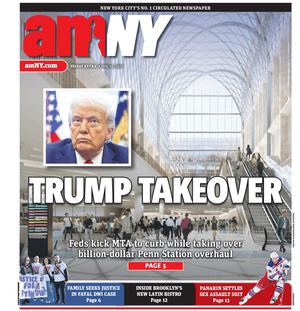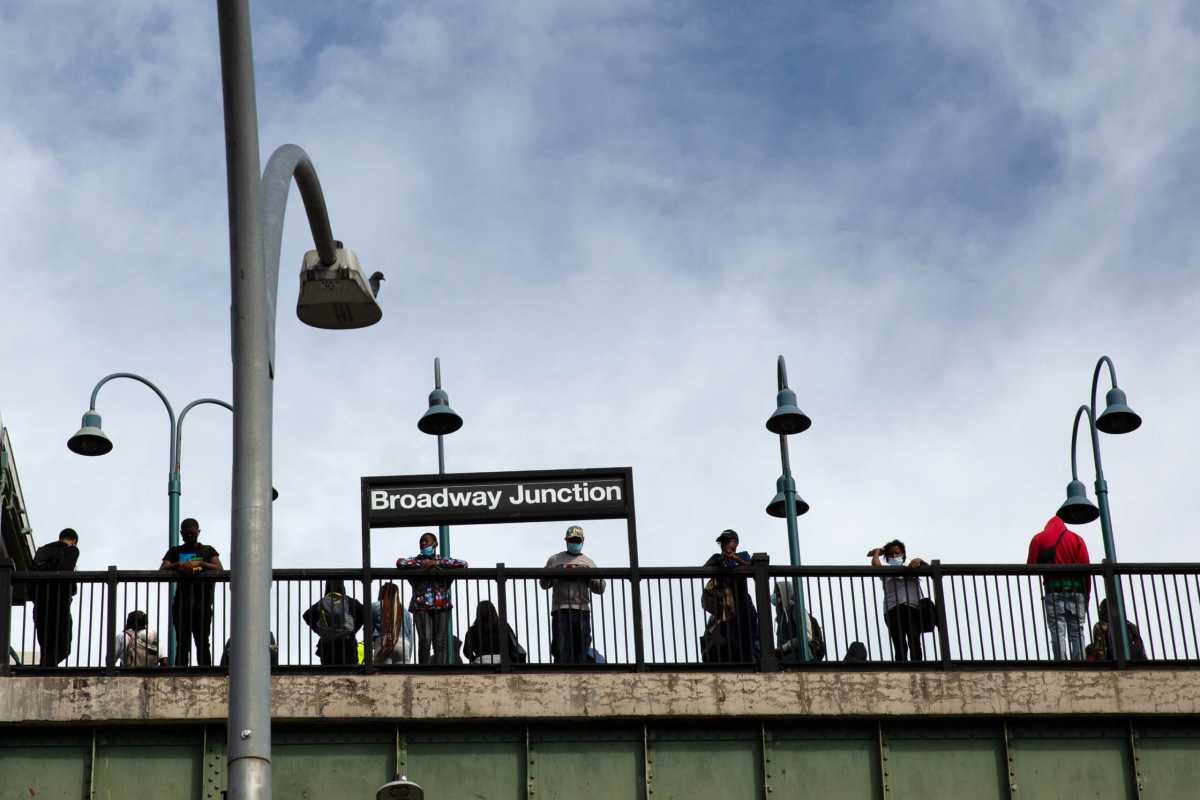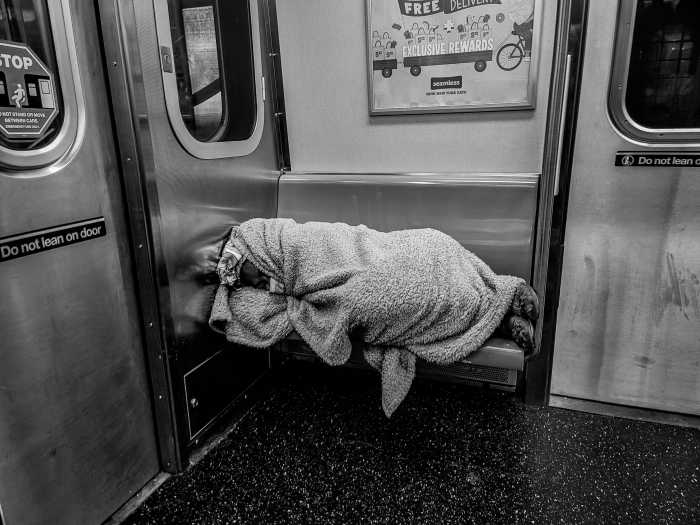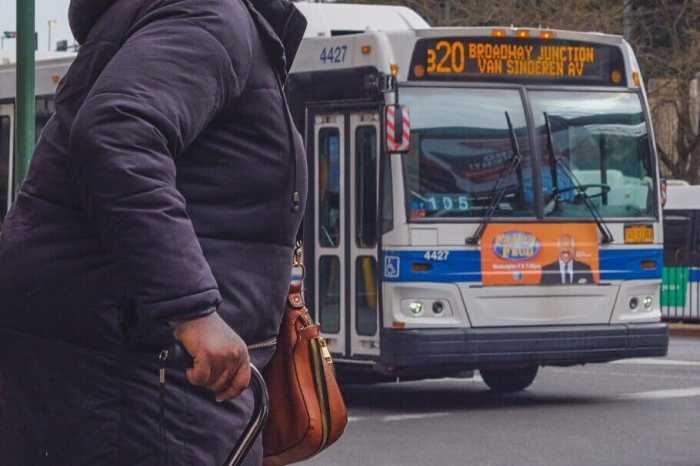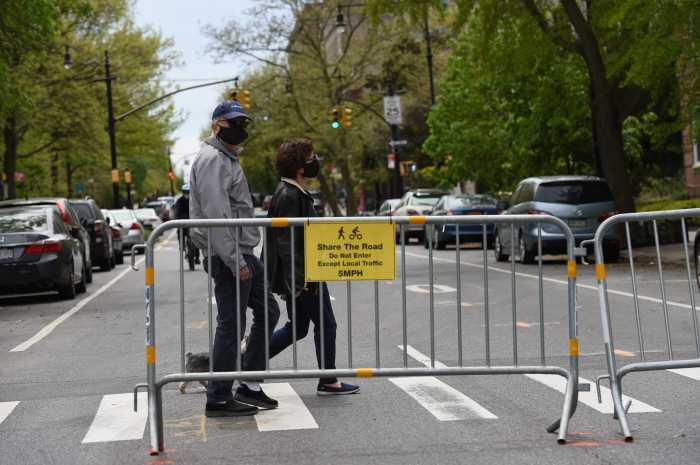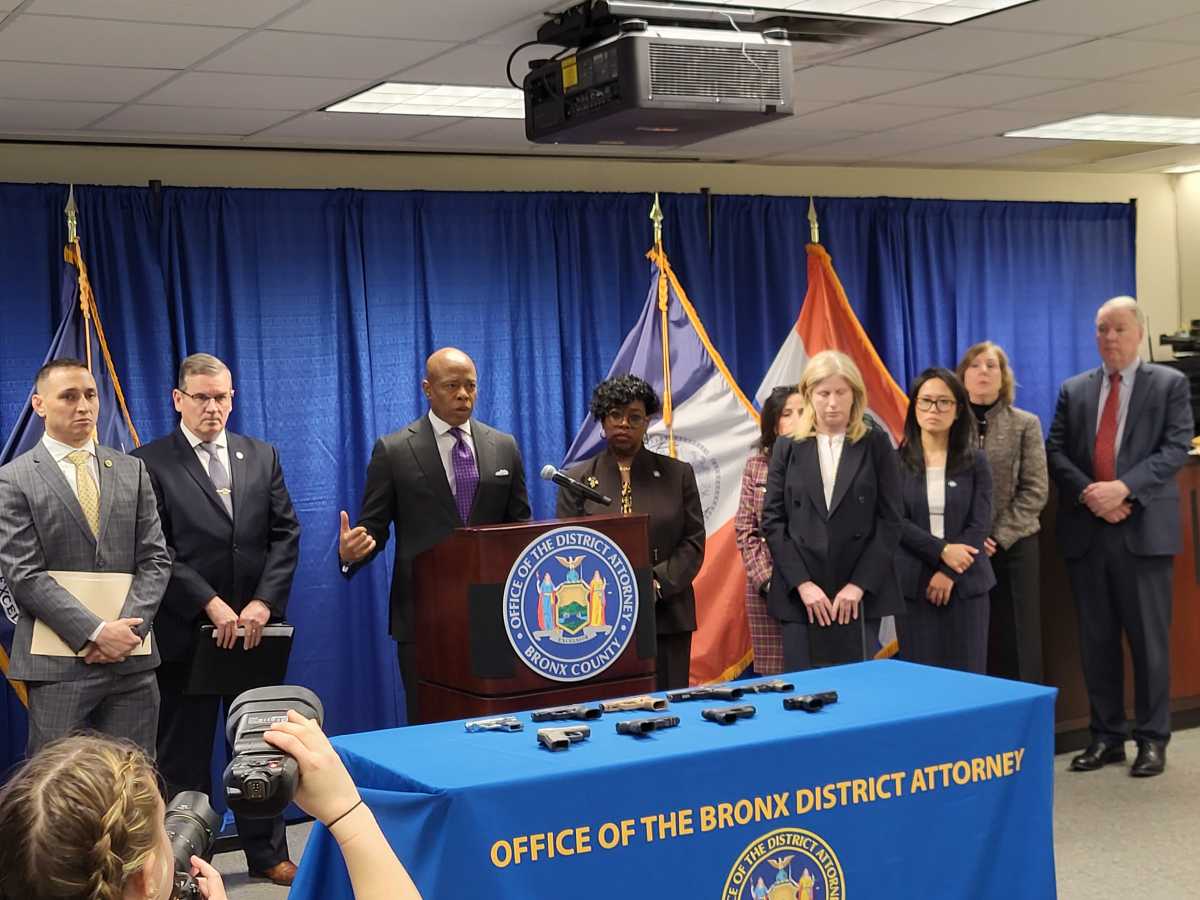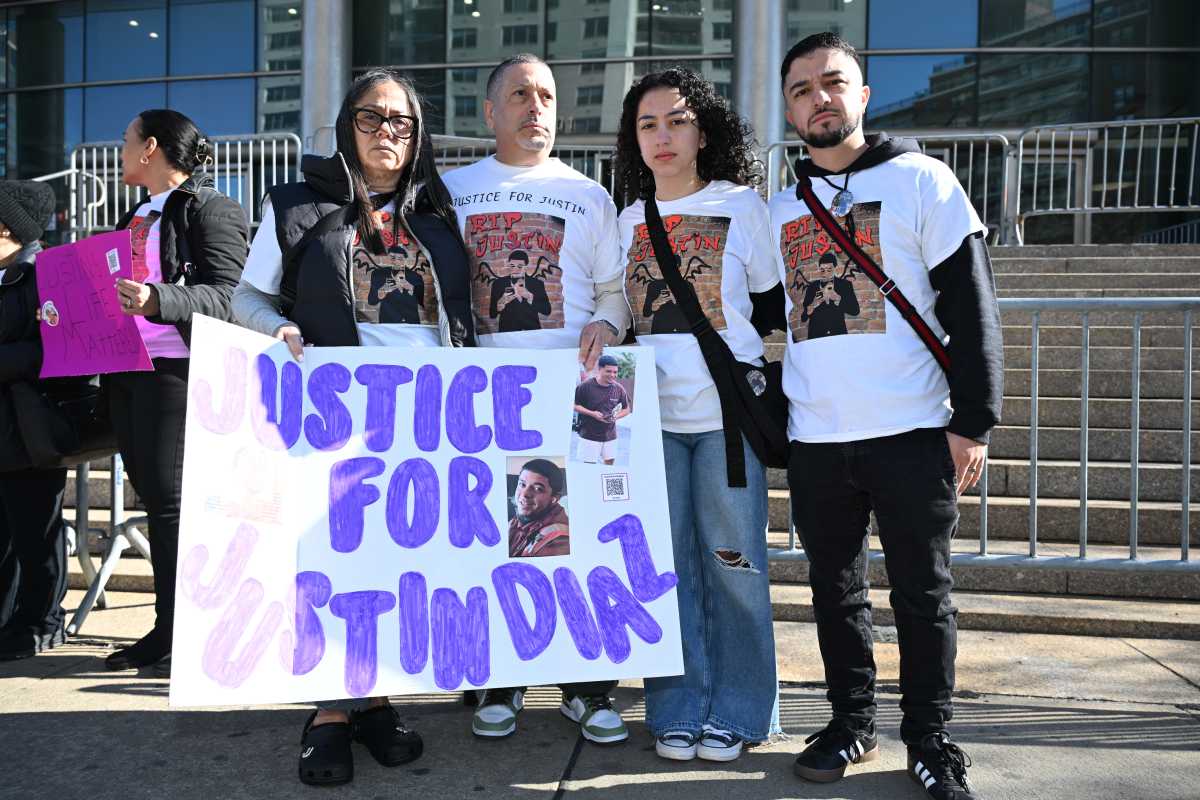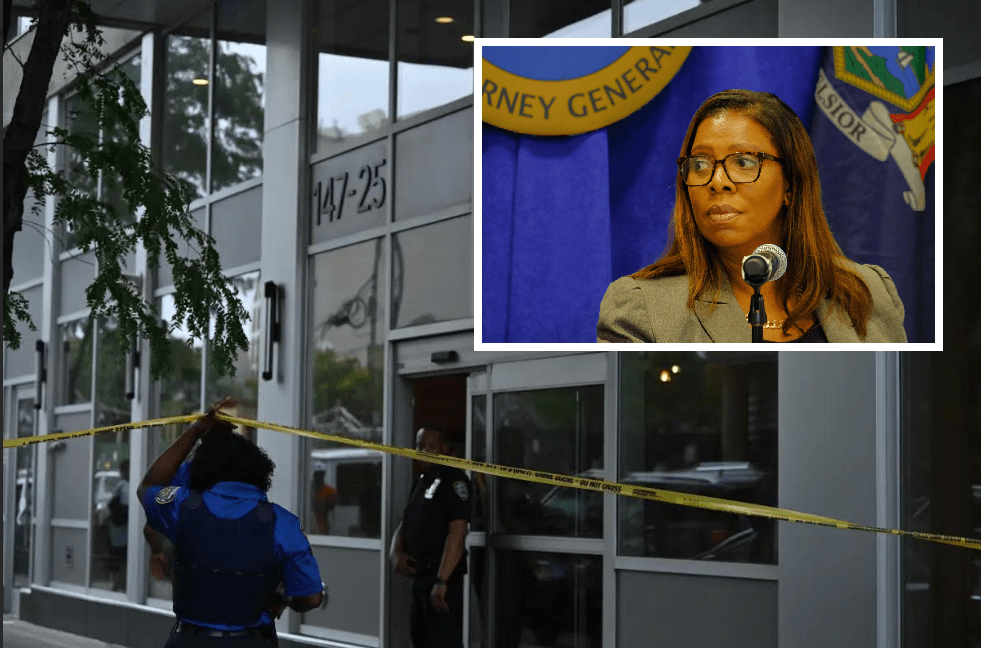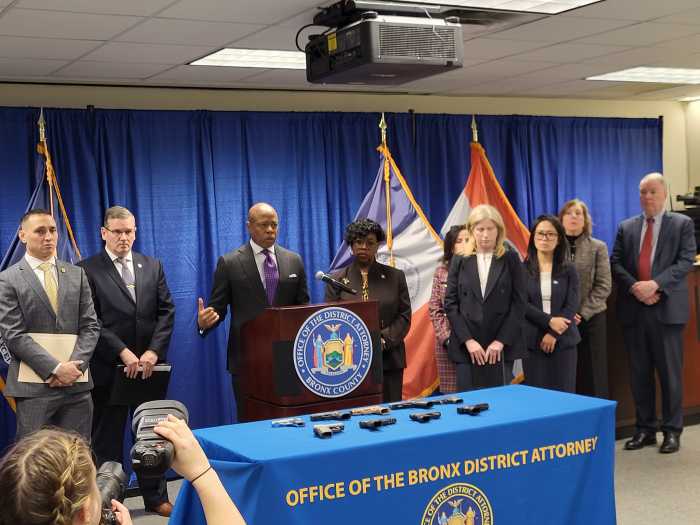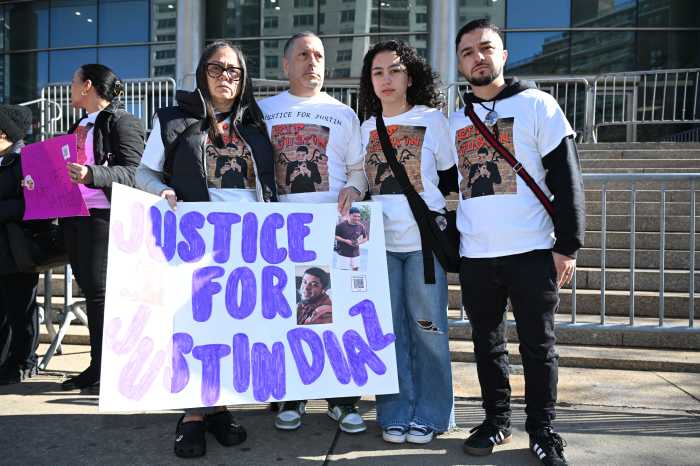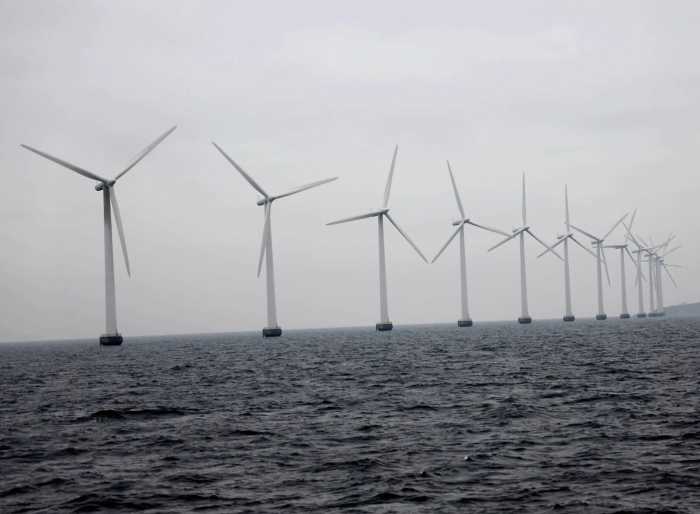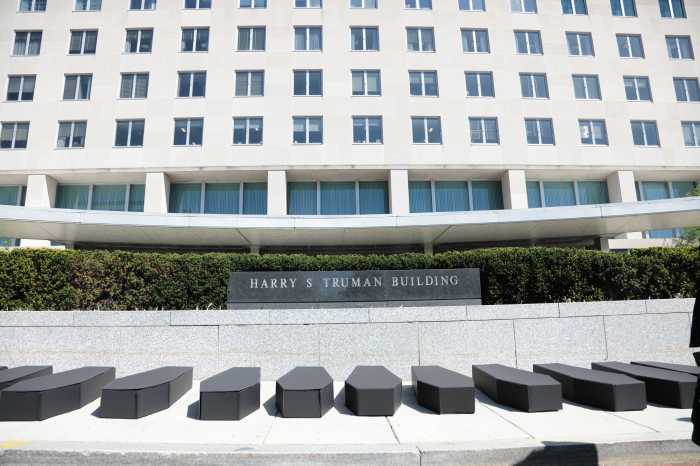This article was originally published on by THE CITY
A massive federal plan to spend $550 billion on public transit, bridges and highways stalled in Congress late Thursday, spurring transportation watchdogs to sound the alarm about potential long-term impact to big-ticket New York projects.
“The longer this hangs out there, the greater the chance you’ll have to open it up and perform some surgery on it,” said Jeff Davis, a senior fellow at the Eno Center for Transportation, a Washington think tank. “You run the risk of being in a holding pattern.”
Unable to resolve a clash between moderate and progressive Democrats, leaders in the House of Representatives held off on the planned vote on President Joe Biden’s infrastructure bill, which touted the largest-ever infusion of federal money into struggling public transit systems.
The legislation would have been a windfall for transportation projects around the state, including airport improvements, new rail tunnels under the Hudson and East rivers and the next phase of the Second Avenue Subway.
In the short term, the stalemate resulted in immediate furloughs for more than 3,000 federal Transportation Department workers.
The MTA, the nation’s largest mass transit agency, stood to gain more than $10 billion — or about 1.9% of the total — from the bill. Those funds would boost the agency’s next capital plan and cut into a mountain of debt that the state comptroller has said will approach $47 billion within two years as the MTA tries to rebound from the pandemic.
‘Not Counting Chickens’
“The MTA is not counting its chickens, but it is definitely relying on the passage of the infrastructure bill,” said Lisa Daglian, executive director of the Permanent Citizens Advisory Committee to the MTA.
The stalled vote potentially jeopardizes long-planned system upgrades included in the transit agency’s $51 billion five-year capital plan — including accessibility upgrades at dozens of stations and re-signaling along stretches of multiple subway lines.
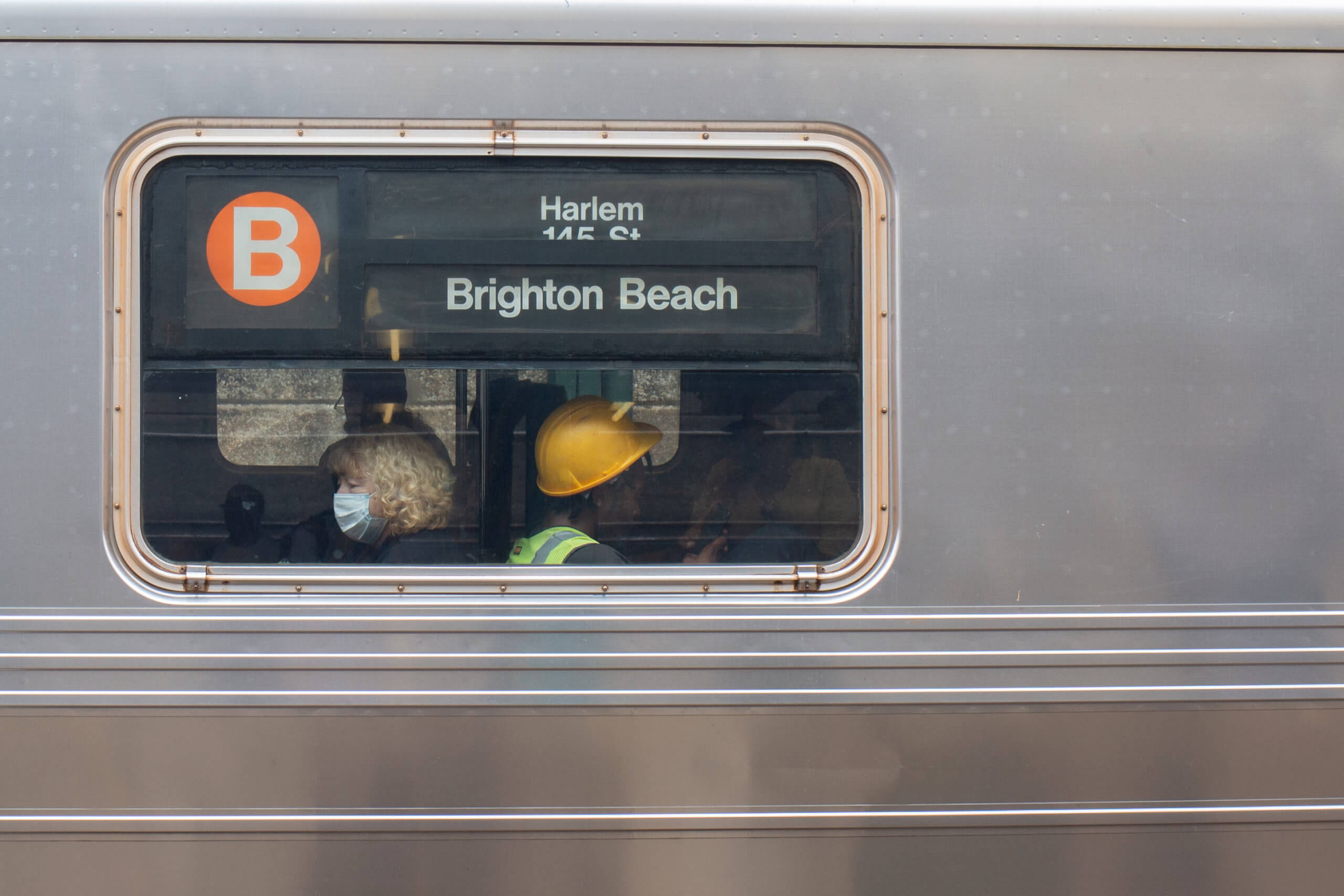
“The MTA really needs every penny they can get from the federal government to invest in station upgrades, new signals, new clean-energy buses,” said Kate Slevin, executive vice president at the Regional Plan Association, a nonprofit that studies infrastructure and economic solutions in the Tri-State area.
“These are real and tangible improvements transit riders have been waiting for,” she added.
State Comptroller Thomas DiNapoli warned in a report this week that the MTA may be forced to shave billions of dollars in planned upgrades from its largest-ever capital program if the federal bill ultimately fails.
Rising Stakes
The transit agency, whose ridership sunk by more than 90% during the depths of the pandemic last year, already secured more than $14 billion in federal COVID-19 emergency aid to help cover operating deficits through 2025, when federal funding expires.
“It has so far survived the worst crisis in its history by covering budgets with massive federal aid,” DiNapoli said. “The MTA and its funding partners face tough choices on challenges that can turn into emergencies if not dealt with promptly.”
The transit agency has begun the rollout of public hearings for congestion pricing, a vehicle-tolling plan that it hopes can generate billions of dollars to pay for mass transit improvements. Implementation of the funding plan is unlikely before 2023.
“Without this bill, the MTA is going to be leaning even harder on other sources of funding,” said Danny Pearlstein, policy director at Riders Alliance, an advocacy organization. “The capital program would definitely take a hit, making congestion pricing even more important.”
Democratic leaders vowed to try again Friday.
“The stakes have gotten higher because we’re a day closer to ‘No,’” Daglian said.
THE CITY is an independent, nonprofit news outlet dedicated to hard-hitting reporting that serves the people of New York.
